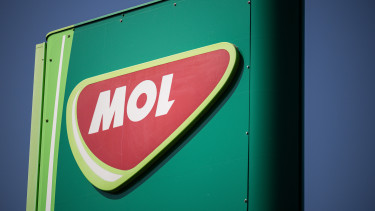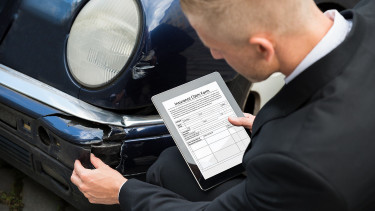Economy
Hungary will adopt the euro as late as possible, but it eventually will - Csányi
Leaders in Hungary, Poland, Romania and the Czech Republic - the four biggest economies in the European Union’s eastern wing - have refused to set target dates for adoption despite largely meeting accession criteria and being obliged to swap their currencies.
That may not be far off, Bloomberg said, reminding that European officials started a debate over closer cooperation last week, and French President Emmanuel Macron has said the discussions should include a common budget and single finance minister for the euro area.
That’s nudged some eastern EU members into action. Croatia, which joined four years ago, is aiming to enter the exchange-rate mechanism, i.e. the anteroom for euro adoption, by 2020 and officially join the euro a “couple of years later," Prime Minister Andrej Plenkovic said last week. Bulgaria is also pushing for entry. Five of the EU’s 11 ex-communist members - Slovenia, Slovakia, Estonia, Latvia and Lithuania - have entered the currency area.
Hungarian Economy Minister Mihály Varga said last July the country could adopt the euro by the end of the decade if it made progress closing the living-standard gap with western Europe.
A few days later, though, he backed away from that stance and said the country had to close in on the euro-area average, from about two-thirds of that level now.
“Euro adoption will be timely once Hungary’s economic development nears the euro area average. Otherwise the country could lose out with accession just like some of the Mediterranean countries did," the ministry replied to Bloomberg’s e-mailed questions on Wednesday.
Csányi also said concerns over sovereignty would fall to the wayside if euro area countries push on with integration, the only viable way ahead for the EU.
While countries like Hungary will not rush it, they also will not want to be left out from deeper integration
, said Sándor Csányi, Hungary’s richest man and Chief Executive Officer of its largest lender OTP Bank.At the end of the day, Hungary will join the euro zone and we’ll go together with those pushing for deeper integration. But I’m sure we’ll enter at the latest stage possible
, Csányi said in an interview last week in Budapest.That may not be far off, Bloomberg said, reminding that European officials started a debate over closer cooperation last week, and French President Emmanuel Macron has said the discussions should include a common budget and single finance minister for the euro area.
That’s nudged some eastern EU members into action. Croatia, which joined four years ago, is aiming to enter the exchange-rate mechanism, i.e. the anteroom for euro adoption, by 2020 and officially join the euro a “couple of years later," Prime Minister Andrej Plenkovic said last week. Bulgaria is also pushing for entry. Five of the EU’s 11 ex-communist members - Slovenia, Slovakia, Estonia, Latvia and Lithuania - have entered the currency area.
Hungarian Economy Minister Mihály Varga said last July the country could adopt the euro by the end of the decade if it made progress closing the living-standard gap with western Europe.
A few days later, though, he backed away from that stance and said the country had to close in on the euro-area average, from about two-thirds of that level now.
“Euro adoption will be timely once Hungary’s economic development nears the euro area average. Otherwise the country could lose out with accession just like some of the Mediterranean countries did," the ministry replied to Bloomberg’s e-mailed questions on Wednesday.
Csányi also said concerns over sovereignty would fall to the wayside if euro area countries push on with integration, the only viable way ahead for the EU.
No country will be forced to give up 100 percent of its sovereignty.










